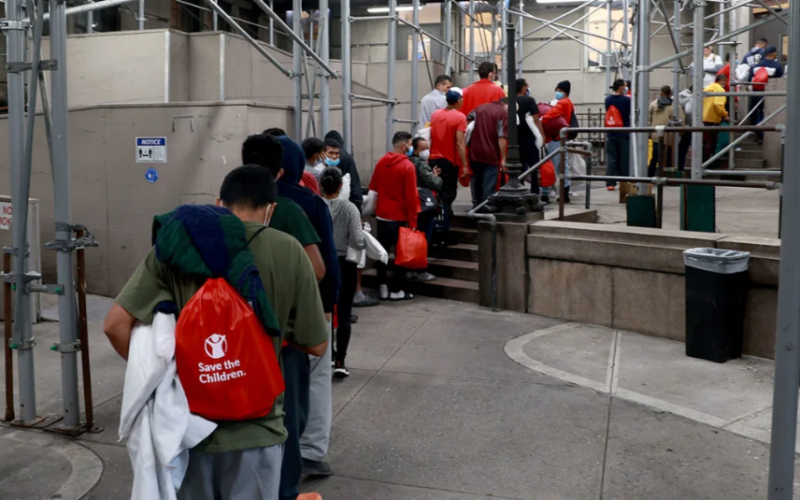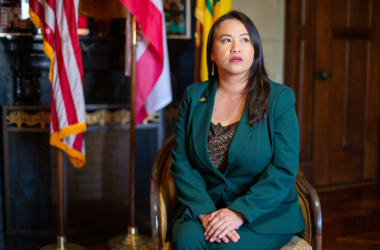New York City’s recent decision to issue eviction notices to approximately 3,500 migrant families residing in homeless shelters is causing apprehension among educators, parents, and advocates. This move, set to take effect in early January, threatens to disrupt the stability achieved by migrant children enrolled in the city’s schools, many of whom have experienced upheaval and trauma on their journey to the United States.
The families receiving eviction notices are required to leave their shelters if they have lived there for over 60 days, prompting them to reapply for housing. This policy, initiated amid a continuous influx of migrants from the southern border, aims to expedite the turnover within the strained homeless shelter system. However, educators and advocates fear that it may lead to significant disruptions for migrant children, impacting their academic progress and emotional well-being.
Homeless families, including migrants, have the federal right to keep their children enrolled in the same school when they move, acknowledging the challenges posed by midyear transfers. Nevertheless, the impending evictions could force families to make challenging decisions, such as staying in the same school despite potential long commutes or transferring to a new school, both of which may cause upheaval for students and schools alike.
Over two dozen principals, educators, parents, and advocates have expressed concerns about the potential consequences of this policy. The mass reshuffling of families in shelters could create a revolving door of new arrivals, making it challenging for teachers to address student needs and complicating school budgets. Additionally, there are worries about increased student absences, especially if families are placed in distant shelters, resulting in extended travel times for children.
While homeless families have a federal right to maintain school enrollment during their moves, the uncertainty surrounding the placement of families in new shelters raises questions about how effectively this right will be upheld. Several elected officials, including the city comptroller, public advocate, and a third of the City Council, have called for a reversal of the eviction policy, citing concerns about the potential trauma it may cause.
New York City Mayor Eric Adams has emphasized the strain on the city’s resources and cautioned about the costs associated with housing and caring for migrants. The 60-day time limits for shelter stays are seen as an attempt to clear space amid the arrival of over 157,000 migrants since last year. However, critics argue that the policy may lead to families with young children sleeping on the streets, similar to recent scenes involving adults reapplying for shelter placements.
As the eviction notices are set to take effect in January 2023, the city faces challenges in balancing its obligation to provide shelter with the potential disruptions to migrant children’s education. The complex interplay of legal rights, logistical challenges, and community concerns underscores the need for a thoughtful and humane approach to address the ongoing crisis and support vulnerable populations in New York City.








